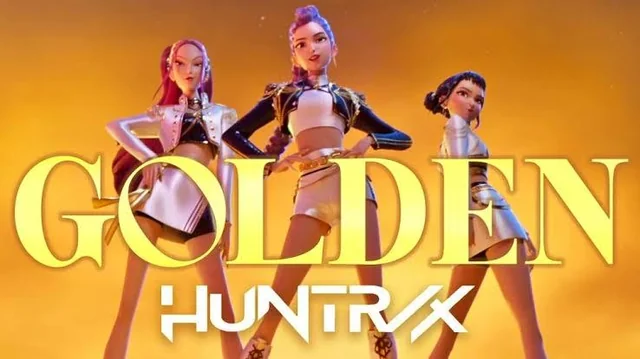Taylor Swift’s the Fate of Ophelia — Lyrics, Meaning & AI Music Insights
What is “The Fate of Ophelia”? Released on October 3, 2025, “The Fate of Ophelia” is the electrifying lead single from Taylor Swift‘s twelfth studio album, The Life of a Showgirl [1]. The track immediately captured global attention, breaking Spotify records for the most streams in a single day (over 30 million) and week [2, 3]. Co-written and produced with pop masterminds Max Martin and Shellback, the song is a vibrant fusion of dance-pop, funk, and synth-pop, marking a celebrated reunion with the producers behind some of Swift’s biggest hits [4, 5]. Its release was a major cultural event, accompanied by a cinematic music video and a promotional film, solidifying […]
Taylor Swift’s the Fate of Ophelia — Lyrics, Meaning & AI Music Insights 続きを読む »


